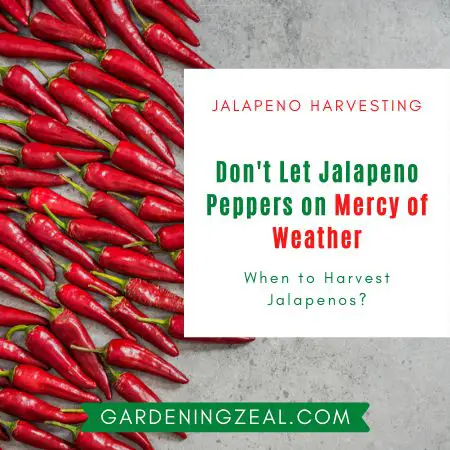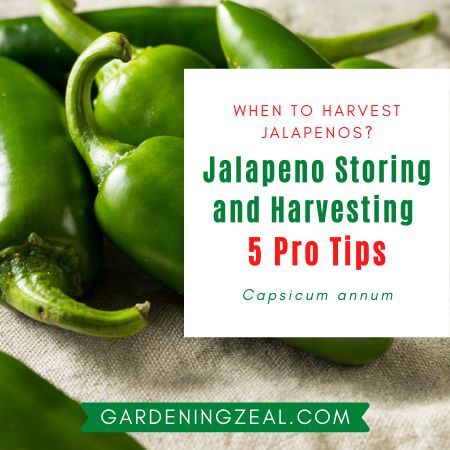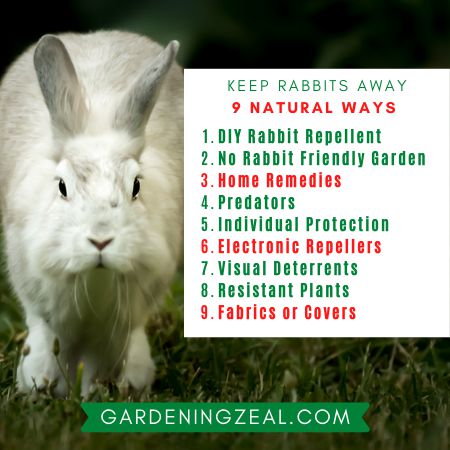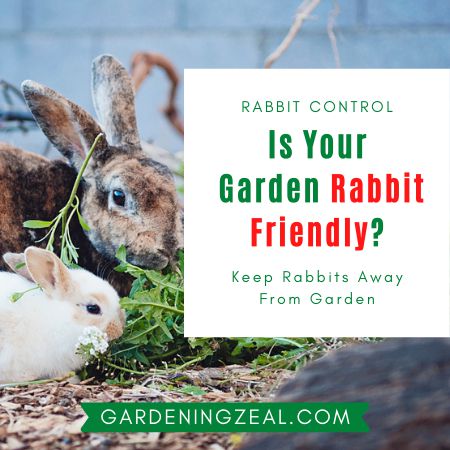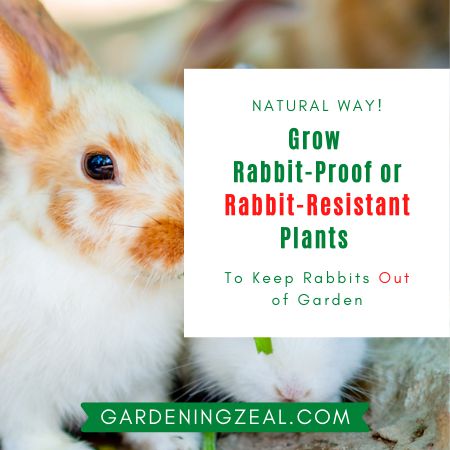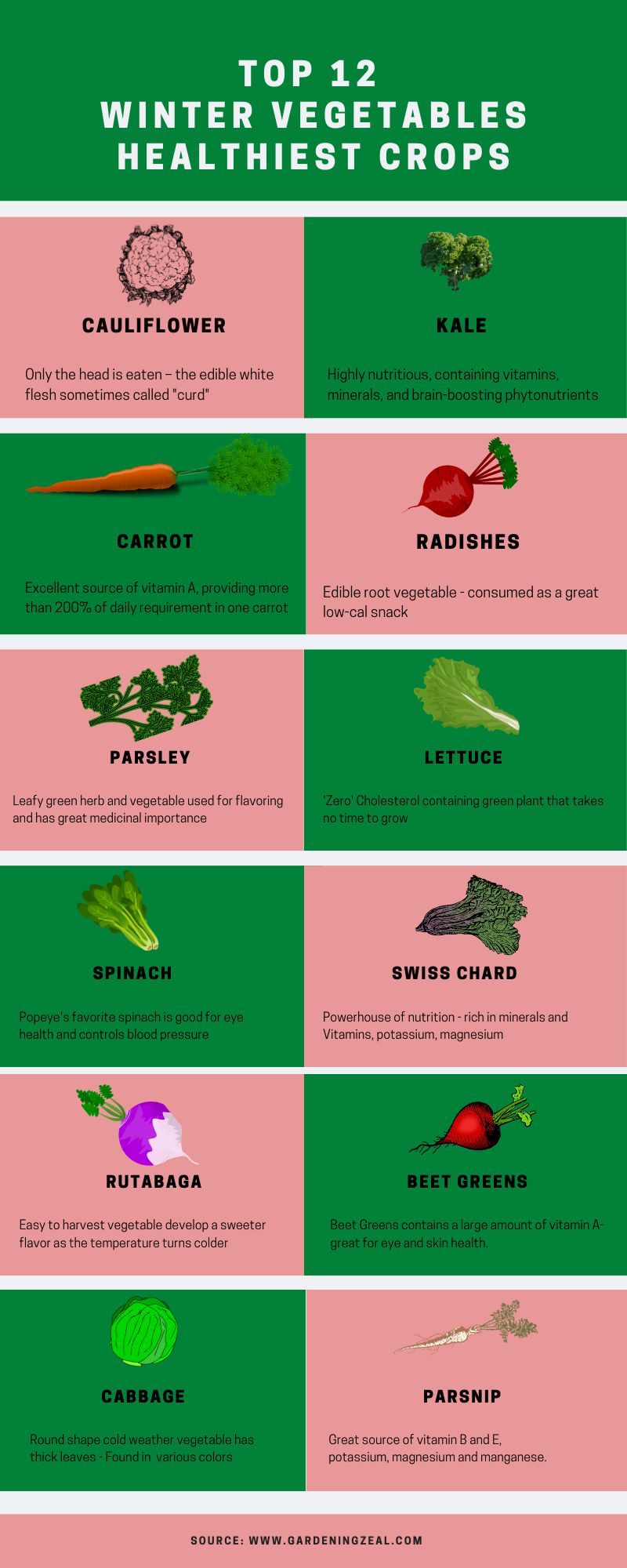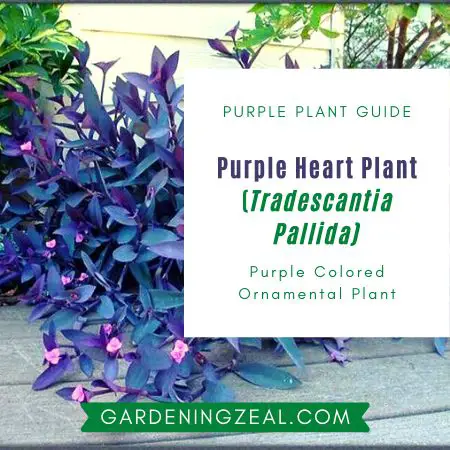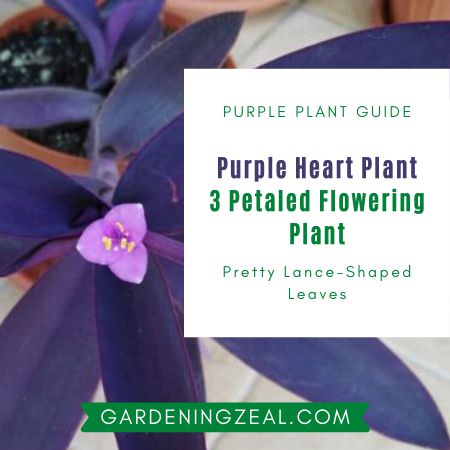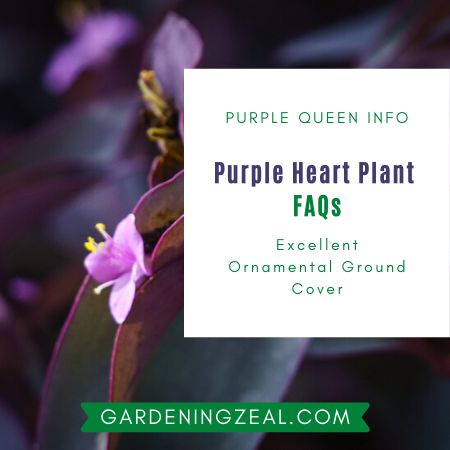Can rabbits eat tomatoes from garden, or is it someone taking off from your plant? Rabbits are tomato eaters and can enjoy a meal in your garden.
Rabbits can eat tomatoes in the garden, but excess intake can prove dangerous. The tomato plant belongs to the toxin-producing plant family and has a high concentration of Tomatine, the toxin in leaves, stems, and unripe green fruit. Overconsumption of green tomatoes or leaves can result in diarrhea or bloating.
So, would you like to put your rabbits on stake? I’m sure you must not!
You should know the reason behind the toxicity of tomatoes and find the safety level for your fur babies. Here I’ve mentioned all about
- Tomato’s severity for rabbits
- Detailed List of plants rabbits like and dislike
- Rabbit resistant plants
What are you waiting for? Let’s dive in!
Do Rabbits Eat Tomatoes in the Garden?
Rabbits, the little jumping creature, love devouring tomatoes from your garden and satisfy their taste buds with their sweetness. It is not only the tomatoes; rabbits can also eat other plants and flowers from your backyard or lawn.
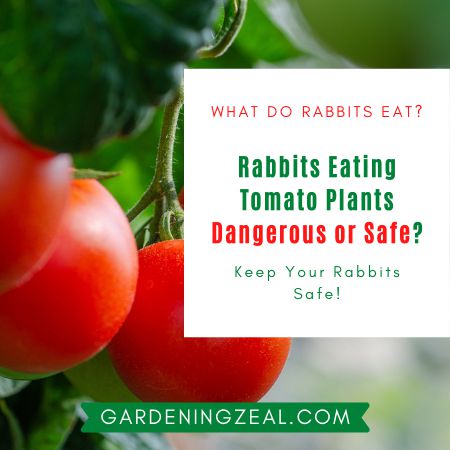
Rabbits are herbivores and dine out trees, fruits, vegetables, and shrubs all year 1.
If the tomatoes from your plant go missing, the plant is damaged, but you cannot find the culprit, be sure these are rabbits eating your plant.
Above all, they make a clean-cut at 45 degrees to bite leaves, stems, and branches.
Rabbits Eating Tomato Plants – Is It Dangerous or Safe?
A very few people get the Poison Mystery behind tomatoes, and for sure, tomatoes are poisonous for rabbits, bunnies, or other animals.
I’m sure it’s hard to digest, but believe me, here matter is not only to save your plant but primarily your fur babies are at risk.
Let me break the suspense.
The tomato is a member of a toxin-producing family named as ‘Nightshade Family.’ The members of this family, including tomatoes, produce a toxin called that is Solanine which is harmful to animals and humans 2.
In other words, the toxicity in tomatoes comes from Tomatine, a Solanine-like substance.
It is an alkaloid naturally present in all tomato plants, but most of the toxin is present in green fruits, flowers, and leaves.
You may find it insane and claim how it is true as all of us eat tomatoes without any complication. You have a valid point!
So, the answer to your worthy question is that as the fruit matures, this toxic compound’s concentration significantly decreases to levels that are not harmful.
When there would be low toxin left, the chances of severity automatically diminishes.
If the toxin is produced in immature plants and decreases upon maturity, what is Tomatin production’s purpose?
To make it simple, the toxin in the tomato plant is for natural defense.
Yes! Plants have defense mechanisms to protect their most vulnerable parts from their enemies until the fruit matures. These could be either insects, animals including rabbits, bunnies, and deer that eat fruit without waiting for it to be fully grown.
Do Rabbits Eat Tomato Plant Leaves?
Rabbits eat tomato plant leaves in the garden, but they are poisonous and unhealthy.
All parts of the tomato plants are toxic, but stem, leaves, immature green fruit, and flowers are more harmful to rabbits as they have a high concentration of Tomatine.
If your rabbits quietly enter your garden and you notice the leaves or stems of your tomato plants are snipped off, keep an eye on your fur babies.
If you trace them hopping around tomato plants, be sure to keep them out of your garden and carefully notice them.
As a few leaves ingestion would not cause much trouble, you still need to be alert and notice bloating, diarrhea, or stomach pain symptoms.
If your rabbits have ingested numerous leaves, immediately take the opinion from your veterinarian.
So, if any of your pet lover friends ask can bunnies eat tomatoes or what can bunnies eat, inform sincerely, and advise him to be conscious.
You can also advice a few ripe tomatoes for rabbits or bunnies. Moreover, clearly warn your friend to avoid feeding rabbits many tomatoes for their consequences.
What Plants Do Rabbits Eat In The Garden?
Rabbits eat various plants and their parts, including roots, stems, leaves, seeds, flowers, and even fruits.
In fact, rabbit’s food varies from season to season.
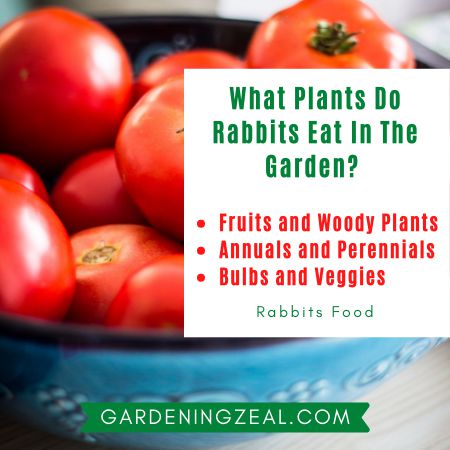
In summer or spring, they are more likely to eat flowers and vegetables, while in fall or winter, they feed on woody plants like stems, bark, or even twigs.
Similrly, rabbits equally damage grass, annuals, perennials, root vegetables, herbs, shrubs, bulbs, trees, or even bushes.
The difference is some plants are heavily damaged while others seldom.
Here I’m sharing detailed lists of different plant varieties that rabbits eat and plants that rabbits do not eat. 3.
Fruits and Woody Plants |
|
| What Plants Do Rabbits Eat – Heavily Damage | What Plants Do Rabbits not Eat – Rarely Damage |
|
|
Annuals and Perennials |
|
| What Plants Do Rabbits Eat – Heavily Damage | What Plants Do Rabbits not Eat – Rarely Damage |
|
|
|
|
|
|
Bulbs and Vegetables |
|
| What Plants Do Rabbits Eat – Heavily Damage | What Plants Do Rabbits not Eat – Rarely Damage |
|
|
Rabbit Resistant Plants
Rabbits do not like plants with a strong fragrance, spines, prickles, fuzzy or leathery leaves and tend to avoid them in the garden.
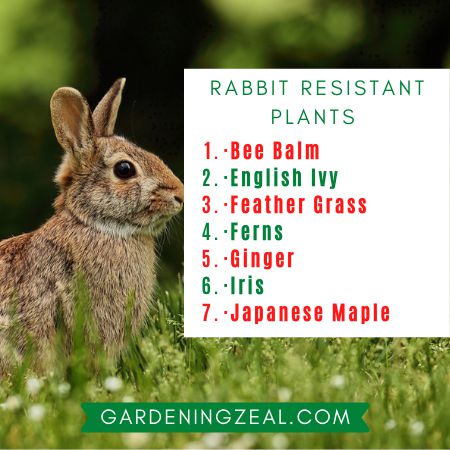
These plants resist rabbits from damaging your flower beds and keep them safe. So, you can use these rabbit-resistant plants in your garden to discourage rabbit entry.
Therefore, a good choice is to grow different plants interchangeably.
Aditionally, you can grow fragrant herbs with vegetables or simply add fragrant flower beds in plants with hairy leaves.
Rabbits also avoid plants with milky sap, and you can benefit from it by growing sap-producing plants with shrubs or fruiting plants.
Here are some common rabbit resistant plants you can grow in your garden vicinity 4:
- Bee Balm – Monarda
- English Ivy – Hedera helix
- Feather Grass – Stipa
- Ferns
- Ginger – Asarum
- Iris – Iris
- Japanese Maple – Acer palmatum
- Juniper – Juniperus
- Oak – Quercus
- Oregano – Origanum
- Pine – Pinus
- Rosemary – Rosmarinus officinalis
- Spruce – Picea
- Straw Flower – Helichrysum bracteatum
- Thyme – Thymus
In conclusion, if your pet rabbits escape in the garden or wild rabbit target, be aware that they can eat tomatoes from garden. Make sure your fur babies are safe and keep them out of garden with all possible means.

